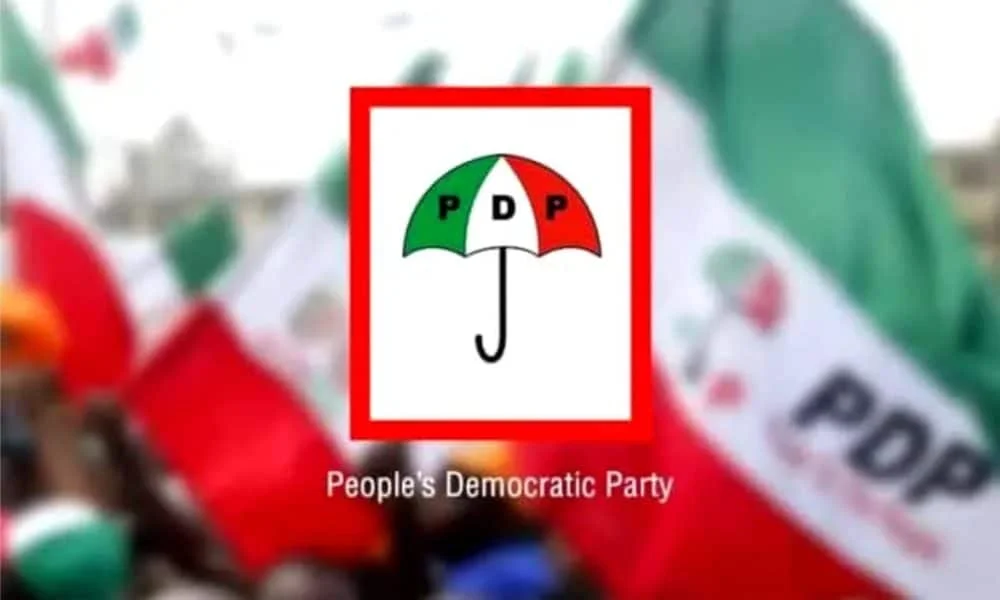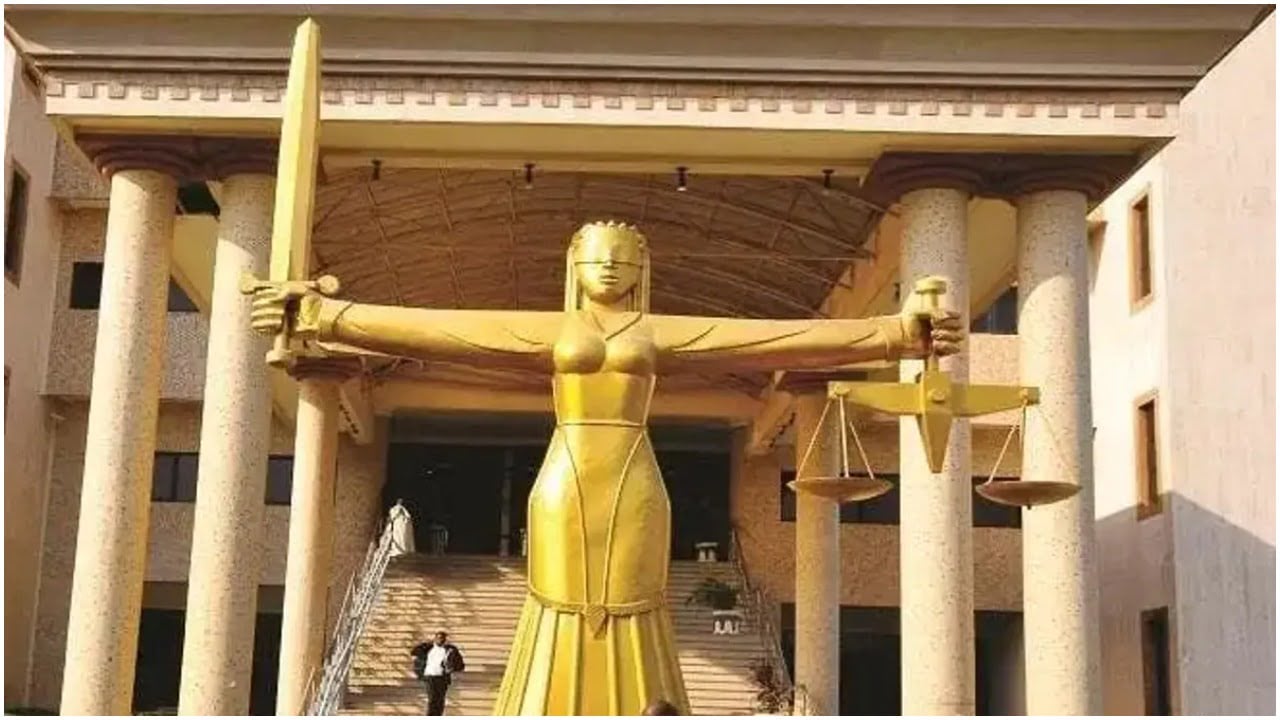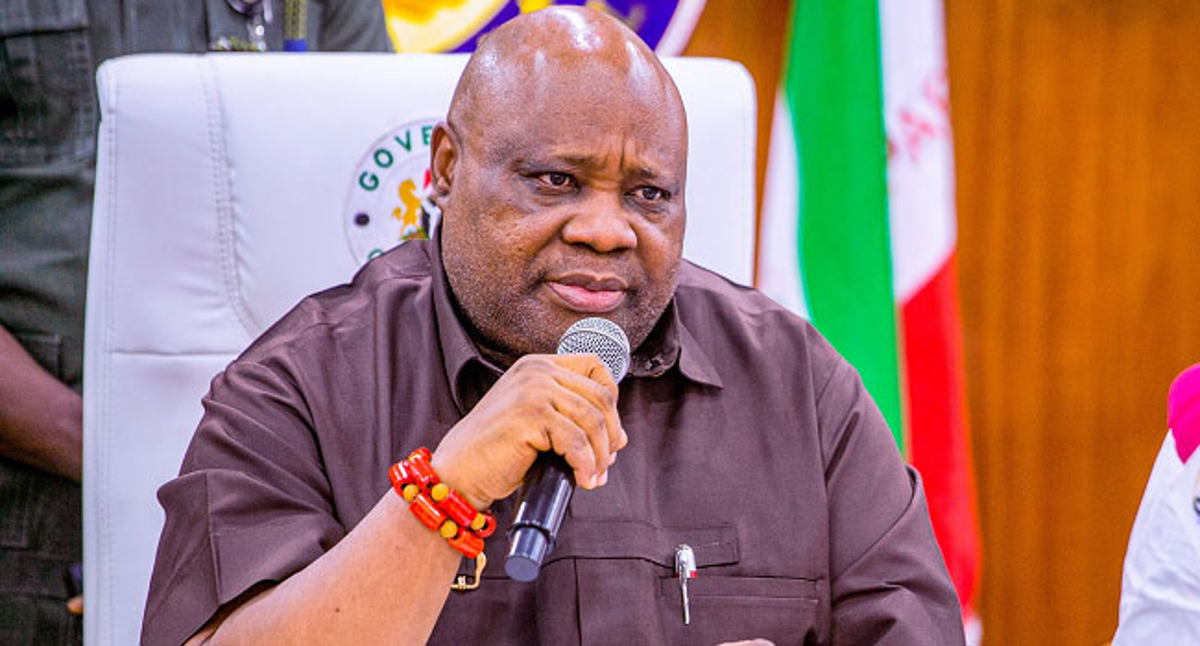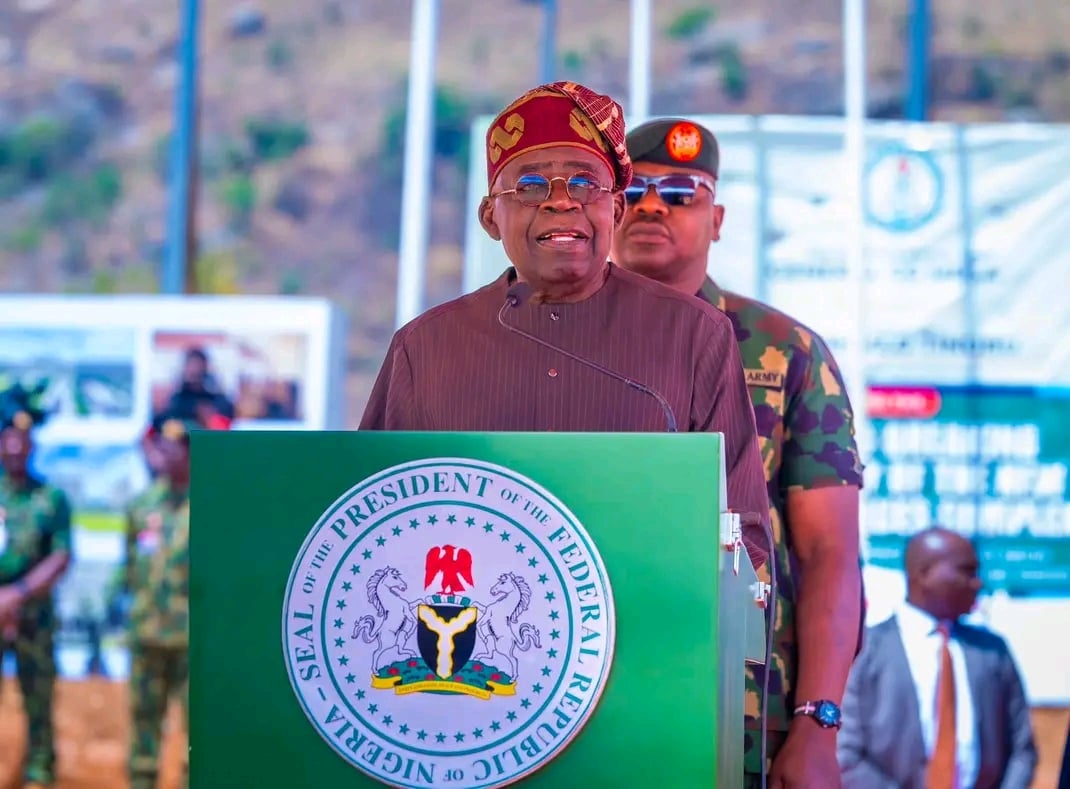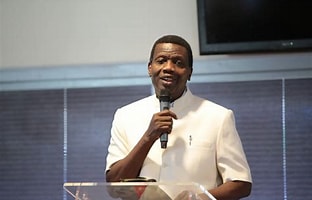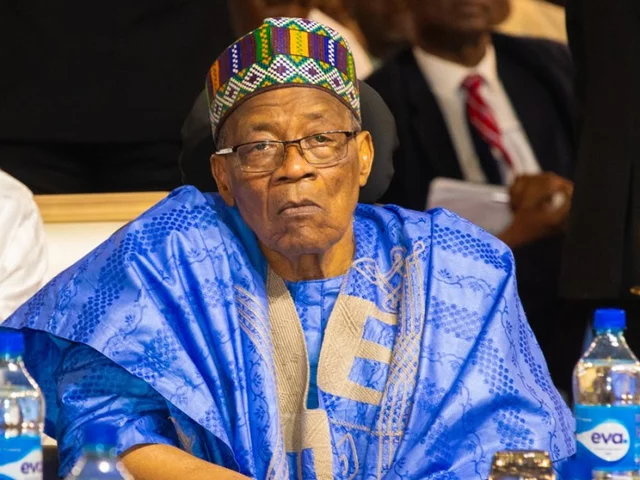
Keep up with the latest news and be part of our weekly giveaways and airtime sharing; follow our WhatsApp channel for more updates. Click to Follow us
Former military ruler General Ibrahim Badamasi Babangida (rtd) has now admitted that the late Chief Moshood Kashimawo Olawale Abiola won the presidential election on June 12, 1993.
He also expressed regret about the annulment in his recently published book.
Former Vice President Yemi Osinbajo evaluated the book titled, “A Journey In Service” which was unveiled on Thursday in Abuja.
The gathering also included President Bola Tinubu, former Vice President Atiku Abubakar, past Nigerian chiefs of state such as Generals Yakubu Gowon, Abdulsalam Abubakar, and Goodluck Jonathan, as well as a delegation from former President Muhammadu Buhari.
Former President Olusegun Obasanjo, who chaired the event, praised Babangida for documenting his experiences.
He acknowledged that the book would be a significant historical resource, but cautioned that it would evoke varied views.
The event, held at the Congress Hall of the Transcorp Hilton in Abuja, drew high-profile attendees, including former Ghanaian President Nana Akufo-Addo, who delivered the keynote presentation.
Osinbajo shared a critical extract in which Babaginda stated that: “Upon deeper reflection and a closer examination of all available facts, particularly the detailed election results, which are published as an appendix to this book, there was no doubt that MKO Abiola won the June 12th elections.”
“Upon closer examination of the original collated figures, it was clear that he satisfied the two main constitutional requirements for winning the presidential elections, namely majority votes and geographical spread.
“Having obtained 8,128,720 votes against Tofa’s 5,848,247 votes, and securing the mandatory one-third of the votes cast in 28 states of the federation, including Abuja, I am gratified that the Buhari administration finally recognized him as a former head of state of Nigeria,” Babangida wrote.
Babangida said that the annulment of the election was the most difficult and terrible experience of his life.
“Looking back now, the June 12th saga was undeniably the most challenging moment of my life, and in certain respects, one of the most painful. And if I had to do it all over again, I would do it differently,” he said.
In his revelatory biography, Babangida claims to have been in Katsina when the annulment of the election, won by MKO Abiola of the Social Democratic Party, was declared by his second-in-command’s press secretary without his knowledge or approval.
He eventually learned that the forces opposing the June 12 election were directed by Sani Abacha, his chief of defence staff who later became military ruler of state.
Following the crisis, Babangida resigned as president in August 1993 and appointed an interim administration led by Ernest Shonekan, which Abacha later deposed in November 1993.
Abacha later detained Abiola for calling himself president.
Babangida, who made a national broadcast on June 24, 1993, to officially declare the annulment of the election, stated that Abacha had become a key force in a “factionalised” military, making it impossible to remove him when he stepped down from power.
‘Ikpeme Worked in My AGF’s Chamber.’
The path to the June 12 annulment began two days before D-Day, when a judge issued an injunction preventing the electoral commission from proceeding with the election.
The complaint was filed by the Association to Better Nigeria, which is led by Arthur Nzeribe.
Babangida claimed in his memoir, published by Bookcraft Ltd., that Nzeribe was close to him, but denied supporting ABN’s operations.
“From out of nowhere, on June 10, two days before the presidential election, the same shadowy group, ABN, which had been campaigning for an extension of military rule, approached the Abuja High Court of Justice Bassey Ikpeme for an injunction to stop NEC (National Electoral Commission) from conducting the elections,” he said in his memoir.
“Unknown to me at the time, Justice Ikpeme, who was relatively young at the Bench, had worked in the chambers of the Attorney-General and Minister of Justice, Clement Akpamgbo. Strangely, Justice Ikpeme, in the dead of night, in clear violation of Decree 13, which barred any court from interfering with NEC’s conduct or scheduling of the elections, granted the ABN an injunction stopping NEC from conducting the June 12 elections. There was confusion everywhere.”
He stated he swiftly called an emergency meeting of the country’s highest governing body, the National Defence and Security Council, to deliberate the next steps.
“On Friday, June 11, as the NDSC meeting was going on, I learned that a Lagos High Court had ruled that NEC should go ahead with the elections. The NDSC meeting on Friday, June 11, only hours before the scheduled elections, was one of the stormiest meetings I ever conducted as President. Strangely, the Attorney General and Justice Minister, Akpamgbo, who was the nation’s chief law officer and who ought to know that the Justice Ikpeme court order violated an extant law (and was tacitly supported, it turned out by some of my topmost military officers), advised that the elections be postponed in compliance with the Abuja court order. Professor (Humphrey) Nwosu (NEC chairman) insisted, to the dismay of my top military colleagues, that he had enough powers under the law to proceed with the elections.
“The arguments went on for hours in a tense atmosphere, peopled by some who wanted the elections postponed, among them the Chief of Defence Staff, General Sani Abacha, Lt-General Joshua Dogonyaro and a few Service Chiefs. But I had my views bottled inside me. Even before Professor Nwosu presented his compelling argument, I decided that the elections should proceed, backed firmly by the Chief of Army Staff, Lt-General Salihu Ibrahim.”
‘ABACHA LED THE ANTI-JUNE 12 FORCES’
Babangida said he looked across the room and said to Nwosu: “Go ahead with the elections. Go to your office, hold a world press conference and tell everyone the elections will be held tomorrow as planned.”
He stated that on June 16, Nwosu abruptly halted the broadcast of election results, despite the fact that voting was calm and orderly.
“And then, on June 16, without my knowledge or prior approval, NEC Chairman, Professor Nwosu, announced the suspension of the June 12 election results ‘until further notice’. I knew instantly that certain fifth columnists were at work and that there was a need for extra care. And even after that suspension of the announcements of results, ABN obtained another ‘strange’ court order from Justice Saleh’s court in Abuja, stopping the release of the results of the elections,” he wrote.
On June 23, Babangida stated that he departed Abuja for Katsina to express his condolences to the Yar’Adua family on the death of their patriarch, Musa Yar’Adua, former minister of Lagos affairs and father of Umaru, the late Nigerian president who died in office in 2007.
Babangida narrated that “The funeral had taken place, and as I got ready to leave, a report filtered to me that the June 12 elections had been annulled. Even more bizarre was the extent of the annulment because it terminated all court proceedings regarding the June 12 elections, repealed all the decrees governing the Transition and even suspended NEC. Equally weird was the shabby way the statement was couched and made.
“Admiral (Augustus) Aikhomu’s press secretary, Nduka Irabor, had read out a terse, poorly worded statement from a scrap of paper, which bore neither the presidential seal nor the official letterhead of the government, annulling the June 12 presidential elections. I was alarmed and horrified.
“Yes, during the stalemate that followed the termination of the results announcement, the possibility of annulment that could lead to fresh elections was loosely broached in passing. But annulment was only a component of a series of other options. But to suddenly have an announcement made without my authority was, to put it mildly, alarming. I remember saying: ‘These nefarious ‘inside’ forces opposed to the elections have outflanked me’ . I would later find out that the ‘forces’ led by General Sani Abacha annulled the elections. There and then, I knew I was caught between ‘a devil and the deep blue sea’. From then on, the June 12 elections took on a painful twist for which, as I will show later, I regrettably take responsibility.”
Thursday’s ceremony brought an elite group of former and current leaders who discussed his legacy and the fate of democracy in West Africa.
The topics covered varied from Babangida’s contributions to Nigerian political history to fears about the recurrence of military coups in the area.
Former Ghanaian President Nana Akufo-Addo stressed the need of multi-party democracy in Africa’s growth during his keynote address.
He warned against the escalating wave of military takeovers, describing them as a setback to democratic progress.
“Multiple parties are good for our continent,” Akufo-Addo said, urging leaders to protect democratic institutions.
Former Nigerian Head of State General Yakubu Gowon (retd.) praised Babangida’s elevation from aide-de-camp to head of state, calling him a “boss of bosses.”
Gowon also expressed thanks to Babangida for restoring his General status, which had been stripped following the 1976 coup.
The former head of state stated, “Thank you for restoring my rank,” reflecting on how Babangida’s leadership had influenced his life.
Another former military ruler, General Abdulsalami Abubakar, recounted personal recollections about his long-standing connection with Babangida, which he said lasted over 80 years.
Abdulsalami recalled a childhood premonition that predicted Babangida’s ascension to power and praised him for chronicling his life’s events.
“Your memoir will enrich the country,” Abdulsalami stated.
Former President Goodluck Jonathan praised Babangida as one of Nigeria’s most charismatic presidents and advocated for the establishment of presidential libraries to preserve the country’s political history.
“IBB brought us here today to celebrate his book and library.
“His home has become somewhat of a pilgrimage site,” Jonathan noted.
Jaji Sambo, former Minister of Transportation under President Muhammadu Buhari, gave a congratulatory message, expressing optimism that Babangida would continue to provide vital advise to Nigeria’s government.
Tinubu tells Babangida, “You missed the historic opportunity in 1993.”
However, President Bola Tinubu remembered on Thursday on a day when he confronted former military President Ibrahim Babangida, telling him he had squandered a historic chance.
When Tinubu was elected to the Senate in 1992 to represent Lagos West, Nigeria was still led by Babangida, who ruled from 1985 to 1993.
Tinubu spoke at the book presentation in Babangida’s honour, recalling how he questioned the former leader for continually postponing the inauguration of elected officials after they won elections.
He stated that confronting the then-head of state put him at risk of incarceration.
Tinubu recounted, “One thing I will never forget: you were in office, and you acknowledged that we were elected, yet you kept postponing our inauguration.
“Then you summoned us to Abuja. When we became restless, you called us to the International Conference Centre. I sat there, listening in my radical manner, convinced that you wouldn’t inaugurate us yet again.
“Before we even returned to the hotel, it was locked—and no key.
“Later, when Dele Cole invited me to make a remark, I confronted you. I told you that you had the opportunity to make history that day, but you failed to seize it. I asked, ‘Why not inaugurate us? Why are you calling us back and postponing it again?’
“They thought I would end up in jail. But at the end of my remarks, you came forward, shook my hand and I will never forget that moment.”
Meanwhile, Tinubu lauded Babangida’s achievements to nation-building and said the former military commander inspired him to pursue a political career.
“General Ibrahim Babangida, without you, people like me wouldn’t be in politics. You inspired some of us,” President Tinubu stated.
He continued, “Your progressive revolution — you said you wanted young, brilliant people in politics — back then in Dodan Barracks. You inspired some of us. And when we look at the programmes, many of us gathered here today for this library project can see the vision of a leader.
“Thank you for who you are. As for the book, I haven’t read it yet, but I have taken my copy, and I will read it.
“Without you, people like me wouldn’t be in politics. Your progressive revolution, your insistence on bringing young, brilliant minds into politics — you inspired us.”
In his speech, Babangida discussed his intention to invalidate the June 12, 1993 election.
Thirty-two years later, he claimed that his actions were in the best interests of the country. Dangote, Rabiu, Danjuma, and others donate billions to IBB Library.
Prominent Nigerian business executives and statesmen gave more than N17 billion to the IBB Presidential Library Foundation in a show of solidarity with the former military commander.
The IBB Presidential Library Foundation arranged the event, which received major contributions from Africa’s wealthiest individuals, including Aliko Dangote, Abdul Samad Rabiu, and General Theophilus Danjuma.
Aliko Dangote, President of the Dangote Group, provided the single greatest donation of N8 billion, which would be paid in installments of N2 billion per year for four years.
Aliko Dangote, President of the Dangote Group, provided the single greatest donation of N8 billion, which would be paid in installments of N2 billion per year for four years.
Dangote commended Babangida’s transformative policies during his tenure, which he claimed emancipated the private sector and provided the groundwork for Nigeria’s economic progress.
“Your Excellency, you were the architect of the private sector in Nigeria. Your policies, such as the abolition of import licences and the issuance of banking licences, enabled Nigerian businesses to thrive. Today, the private sector contributes 85% of Nigeria’s GDP, while the government contributes only 15%,” Dangote said.
Dangote also promised to continue making annual contributions of N2 billion if the library project goes beyond the stipulated four-year time frame.
Abdul Samad Rabiu, Chairman of BUA Group and co-author of the book, contributed N5 billion to the IBB Presidential Library project.
Similarly, General Theophilus Danjuma, founder and Chairman Emeritus of the TY Danjuma Foundation, has pledged N3 billion.
Their contributions demonstrated a deep respect for Babangida’s legacy and the importance of preserving Nigerian history through the library.
CUPP encourages Tinubu to declare Abiola posthumously as ex-President of Nigeria.
Meanwhile, the Coalition of United Political Parties has urged that late Moshood Abiola be declared posthumously as the country’s former president after winning the annulled presidential election on June 12, 1993.
In response to Ibrahim Babangida’s validation of Abiola’s election, CUPP National Secretary Peter Ameh urged President Tinubu to take appropriate action on the issue.
The CUPP attributed the country’s current problems on the annulment of the presidential election, which caused a complete collapse of law and order at the time.
Ameh stated that the regrettable occurrence, organized by Babangida, had far-reaching implications, sustaining electoral fraud and weakening the country’s democratic development.
The CUPP scribe stated that Abiola’s win, validated at the publication of his autobiography in Abuja on Thursday, should serve as a reminder of the necessity of respecting democratic ideals and the rule of law.
He also emphasized that the tragic occurrence highlights the necessity for accountability and openness in Nigeria’s electoral process.
“The consequences of this annulment have been profound. Nigeria’s development and growth have been hindered by the persistence of electoral theft and undemocratic interference,” he noted.
“The country’s democratic institutions have been weakened, and the people’s trust in the electoral process has been eroded.
“In light of these circumstances, it is imperative that we recognize Abiola’s rightful place in Nigeria’s history. Declaring him posthumously as the former President of Nigeria would be a significant step towards healing the wounds of the past and promoting national reconciliation.
“The annulment of the June 12 election has left an indelible mark on Nigeria’s national reality. It is essential that we learn from this experience and work towards creating a more democratic and just society. Recognizing Abiola’s presidency posthumously would be a significant step in this direction, promoting national healing, reconciliation, and democratic growth,” he noted.
Please don’t forget to “Allow the notification” so you will be the first to get our gist when we publish it.
Drop your comment in the section below, and don’t forget to share the post.
